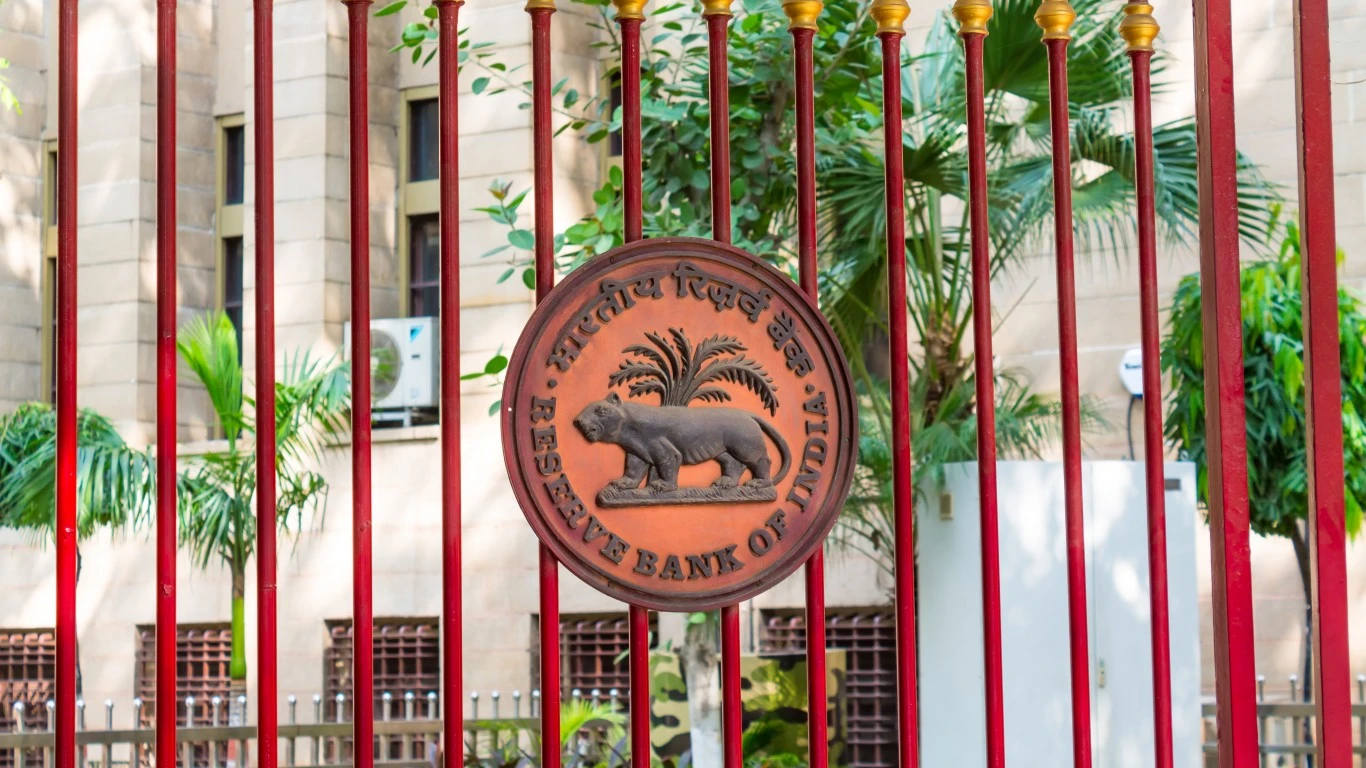
India’s central bank plans to launch the pilot for its wholesale digital currency on November 1, it said in a press release Monday. The Reserve Bank of India (RBI) said nine local banks including the State Bank of India will take part in the project.
RBI to Issue a CBDC Pilot for Settling Secondary Market Transactions
The RBI, India’s central bank, announced it will roll out the pilot for the wholesale central bank digital currency (CBDC) on Nov. 1, according to Monday’s press release.
RBI said nine banks will participate in this effort, including the State Bank of India (SBI), the largest public sector bank in the country. Other banks that will participate in the pilot project include HDFC Bank, Bank of Baroda, ICICI Bank, Union Bank of India, Kotak Mahindra Bank, Yes Bank, IDFC First Bank, and HSBC, the RBI added.
RBI said the wholesale CBDC pilot will be used to settle the secondary market trades in government securities, in addition to plans to use the digital rupee to improve the efficiency of the interbank market. The central bank said CBDC settlements are expected to cut transaction costs.
The move comes less than a month after RBI said it is planning to launch a CBDC pilot for specific use cases. The RBI also plans to launch the retail version of the digital rupee “within a month in select locations.”
“It is the responsibility of central bank to provide its citizens with a risk-free central bank digital money which will provide the users the same experience of dealing in currency in digital form, without any risks associated with private cryptocurrencies.”
– The Reserve Bank of India (RBI) said earlier in October.
India Ramps up CBDC Efforts as it Continues to Oppose Crypto
RBI’s efforts to introduce a digital rupee come amid the bank’s antagonism toward cryptocurrencies. Earlier this year, the RBI urged the Indian government to ban cryptocurrencies, citing the “destabilizing” effects these assets have on the country’s monetary stability.
But the Indian authorities said a global collaboration is needed to impose a ban on cryptocurrencies. Meanwhile, India is known for having one of the harshest crypto taxes in the world, after declaring a 30% tax on crypto gains in February.
On the other hand, more global central banks have been joining the race to launch their own CBDCs. Last month, Hong Kong said it intends to launch its wholesale CBDC in 2-3 years while the Banque de France explored the potential benefits of CBDCs in financial markets.
This article originally appeared on The Tokenist
Sponsored: Tips for Investing
A financial advisor can help you understand the advantages and disadvantages of investment properties. Finding a qualified financial advisor doesn’t have to be hard. SmartAsset’s free tool matches you with up to three financial advisors who serve your area, and you can interview your advisor matches at no cost to decide which one is right for you. If you’re ready to find an advisor who can help you achieve your financial goals, get started now.
Investing in real estate can diversify your portfolio. But expanding your horizons may add additional costs. If you’re an investor looking to minimize expenses, consider checking out online brokerages. They often offer low investment fees, helping you maximize your profit.






